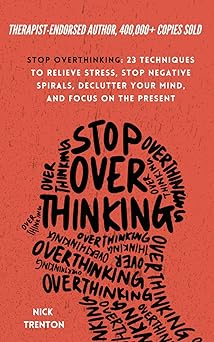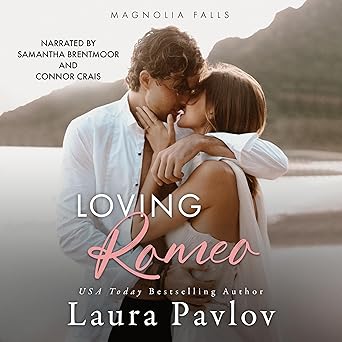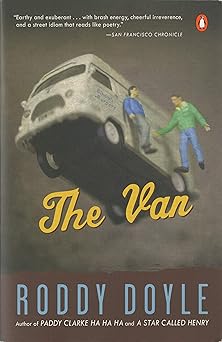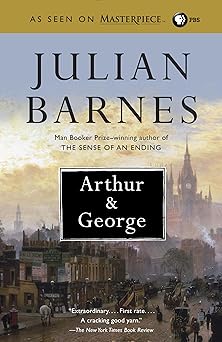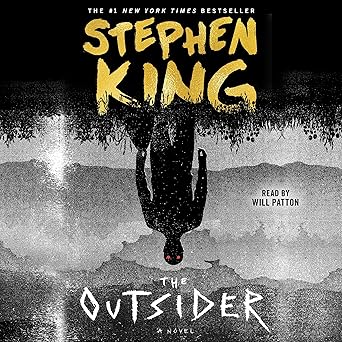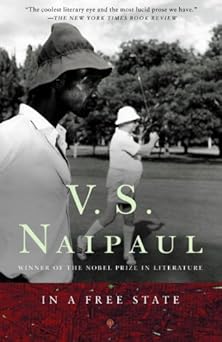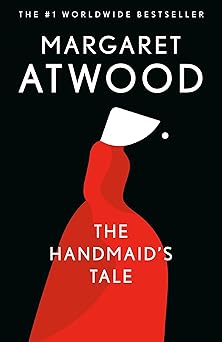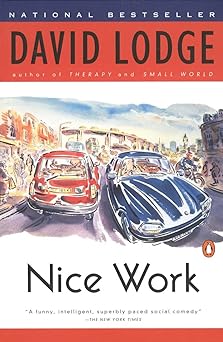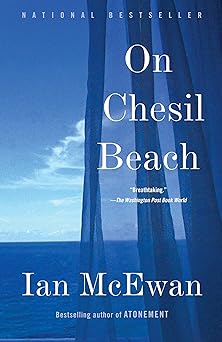
It’s wonderful to share this story with you all. It's a quiet, thoughtful look at a young couple, Florence and Edward, on what should be the happiest day of their lives – their wedding. The story takes place in 1962, on the beautiful Dorset coast in England. They’re in a lovely hotel, ready to start their life together. But as they sit down for their wedding dinner, a wave of nervousness and worry washes over them both. It's a moment of great expectation, the beginning of a new chapter, but also a time of uncertainty and unspoken feelings. You can almost feel the tension in the air as they try to navigate the delicate balance of their budding marriage. It’s a snapshot of a specific moment in time, a single evening that holds so much weight and unspoken emotion. The details are so vivid - the food, the setting, the way they look at each other - it all creates a feeling of being right there with them. It's a story that reminds us how powerful even the smallest of moments can be, and how much can be left unsaid between two people who care deeply for each other.
The core of the story revolves around their anxieties about their honeymoon, a time traditionally associated with intimacy and connection. Edward, a young intellectual, has certain expectations and ideals about this part of their marriage. Florence, however, harbors deep-seated fears and insecurities she struggles to articulate. This disconnect between what they both expect and what they are truly feeling creates a palpable sense of unease. The story doesn’s focus on dramatic events but rather on the internal struggles of these two characters. You begin to understand how much they want to connect, but also how much they are holding back. It’s a universal feeling, that fear of vulnerability and the longing to be truly known. I remember once, a dear friend of mine was recounting a similar experience – the quiet pressure of expectation on a special occasion. It resonated so strongly because it highlighted the simple truth that even in moments of joy, we all carry our own baggage, our own unspoken anxieties. This book does an incredible job of showing how those anxieties can shape our lives, even when we don’t fully understand them ourselves.
Ultimately, the evening on Chesil Beach becomes a turning point in their lives. A single decision, a hesitation, a word left unsaid, sets in motion a chain of events that will ripple through the years to come. It’s a story about missed opportunities, about the regrets that can linger when we fail to communicate our true feelings. The author doesn’t offer easy answers or tidy resolutions. Instead, he invites us to consider the complexities of human relationships, the subtle ways in which our fears and insecurities can shape our destinies. It’s a beautifully written and deeply moving exploration of love, loss, and the enduring power of unspoken words. It’s a story that will stay with you long after you turn the final page, prompting reflection on your own experiences with connection and communication.
It’s a beautiful story about a couple about to start their married life. They’re in a lovely place, ready to celebrate with family and friends. But underneath the smiles and well wishes, there’s a quiet tension, a nervousness that hangs in the air. It’s a story about a single evening, a snapshot in time, but it holds so much emotion, so much unspoken feeling. You really feel like you’re there with them, in that room, experiencing their joy and their apprehension. It’s a reminder that even the happiest moments can be tinged with worry, with a sense of the unknown. It’s a story about the weight of expectations, and the delicate balance of a new beginning. Sometimes, I think we all have those moments, those times when we’re supposed to be happy, but a little voice inside us is whispering doubts and fears. It’s a feeling of being on the edge of something big, something important, and not quite knowing what to expect. You can feel that in this story, in the way the characters look at each other, in the careful words they choose, and the things they leave unsaid. It's a very quiet story, but that’s what makes it so powerful – it’s the unspoken things that often speak the loudest.
The heart of the story is about their honeymoon, a time meant for closeness and intimacy. One person has a picture in their mind about what it should be, a certain way to connect. The other person is struggling with a deep worry, something they can't quite put into words. This difference in what they want and what they feel creates a sense of discomfort. It’s not a story about big, dramatic things happening. It's about what’s going on inside these two people, how much they want to be close, and why they're holding back. I’m reminded of my grandmother, a woman of incredible strength, who rarely spoke about her own fears. She always put everyone else first, and I often wondered what she carried inside. This story made me think about those unspoken burdens, those anxieties we all carry, even when we’re trying to be happy for others. It shows that even when we're surrounded by love and celebration, we can still be wrestling with our own private struggles, and that the desire to connect can be just as powerful as the fear of vulnerability. It’s a universal feeling, that need to be truly seen and understood, and the fear of being exposed.
The evening itself becomes a moment that will change the course of their lives. A small decision, a moment of hesitation, a word that isn't spoken, sets things in motion that will affect them for years to come. It’s a story about chances missed, about the sadness that can linger when we don’t share our true feelings. The author doesn’t try to give you easy answers or a happy ending. Instead, they want you to think about how complicated relationships can be, and how our fears can change our lives, even when we don't understand why. It's a story that's beautifully written and deeply moving. It’s a story that will make you think about your own relationships, about the things you’re afraid to say, and the importance of truly connecting with the people you love. It's a story that stays with you, long after you finish reading.
Rating: 5.0 / 5.0
This story is a quiet, thoughtful look at a couple on a very special day. It’s about a moment in time, a single evening, that holds so much unspoken feeling. You can really feel the nervousness and worry that hangs in the air, even though everything seems perfect on the surface. It's a story about the difficulties of connecting with someone, even when you care about them deeply. It’s a beautiful reminder that even in moments of happiness, we all carry our own worries and anxieties. The story doesn’t offer easy answers, but instead encourages us to think about the complexities of relationships and the importance of being honest with ourselves and others. It's a gentle, moving read that will likely linger in your thoughts long after you’re finished.
